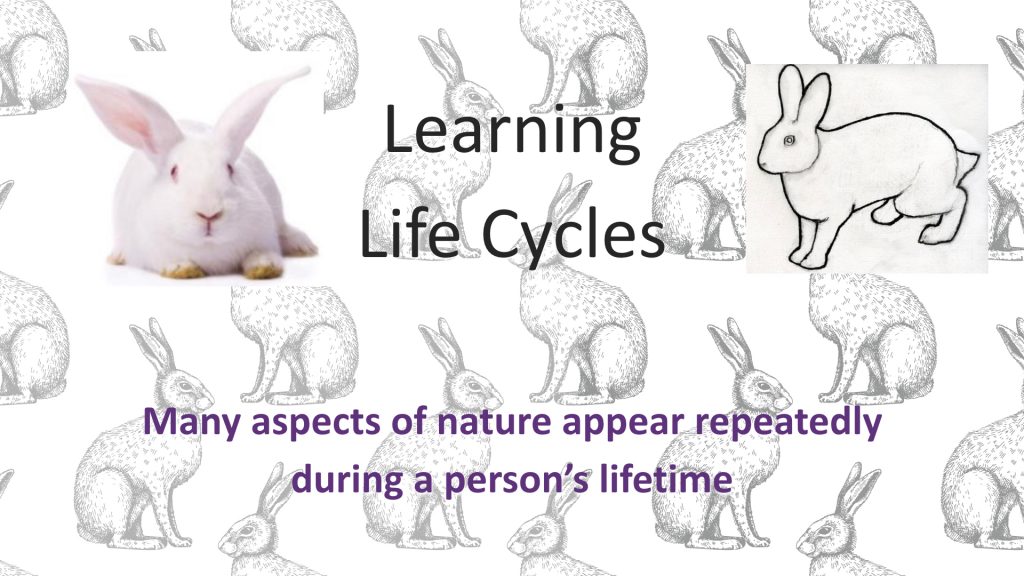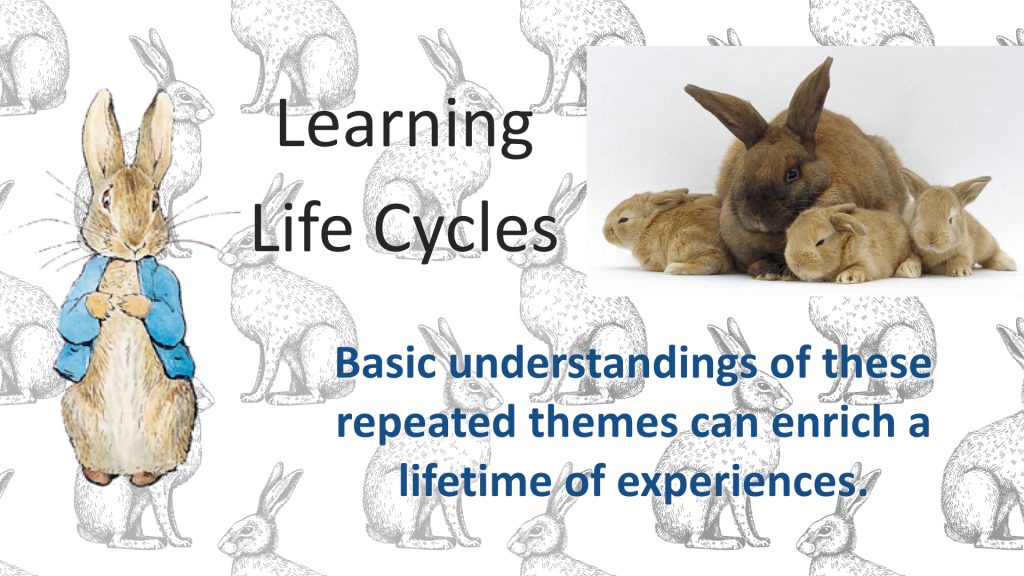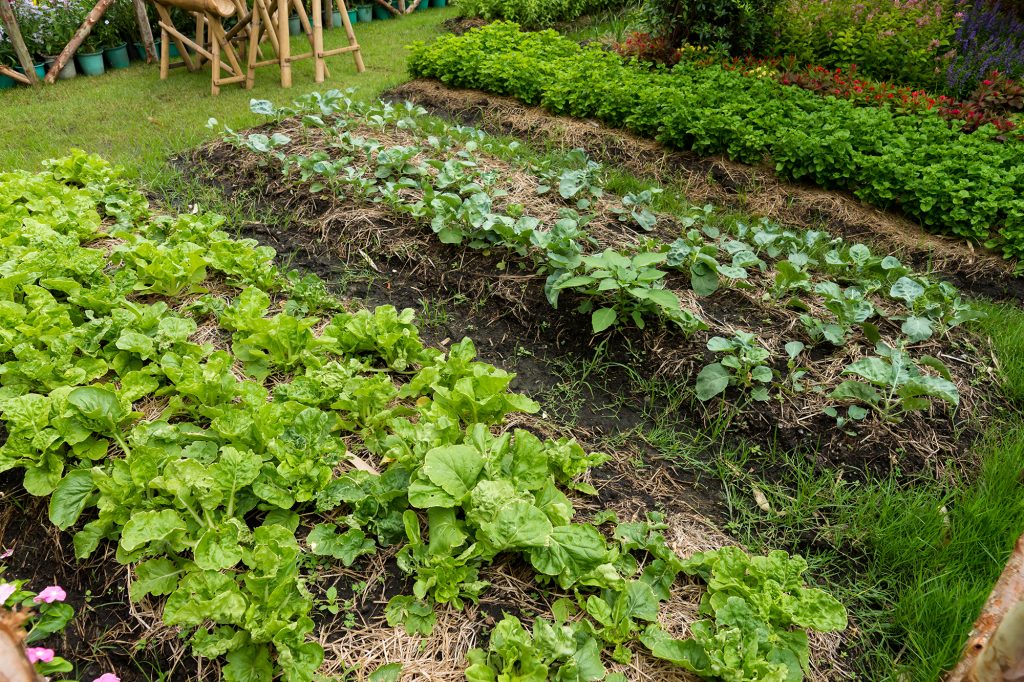
Planning Preparing for a Lifetime of Science Adventures


Planning Objectives:
- List examples of exploration, description, and explanation that you can carry out beyond this course.
- Provide examples of science topics you are likely to encounter repeatedly in your lifetime.
- List the steps you can take to recall, organize, and build on learning into the future.
The goal of this guide is to provide a structure for science learning beyond this course.
We will begin by revisiting the process of science discovery.
Scientists use these three processes to develop science knowledge. Exploration, description, and explanation can also be used to develop personal understandings of the natural world.
This video offers examples of activities related to science discovery.
Lifelong Learning
Often science in the news is represented as a series of extraordinary events. We’re going to focus on the more everyday ways of encountering science.
We repeatedly encounter some science-related topics throughout our lives. Every few years we may battle the flu, every year plant a garden, every week try to predict the weather. Learning about these topics can enhance everyday experiences.


This video introduces the concept that some aspects of learning comes in cycles through a lifetime
Consider aspects of science and nature that you have already repeatedly encountered.

Think of your own experiences. Which science topics have you already encountered repeatedly? Do you remember what you have learned from one encounter to the next or do you repeatedly look up information?
Predicting and understanding repeatedly encountered topics can be a powerful start to lifelong learning.
Steps to Organizing Learning
One goal of learning is to be able to recall and build on information instead of continually starting from scratch. There are five steps that can make this process more organized and effective.
Step 1
Access and build on what you already know about science.
You have a lifetime of knowledge about nature to work with. Spend time reflecting on what you already know. For example, what do you know about rabbits? Spend a few minutes recalling as many things as you can.
Step 2
Organize your science knowledge.
Think of it as designing exhibits in your personal mental museum. For example, if you have an exhibit on rabbits, how would it be organized?
Step 3
Fill in gaps in your science knowledge.
What would you like to know more about? Add information and skills while challenging common misconceptions. Explore your environment for examples of science in action.
Step 4
Provide evidence for what you know.
Your portfolio in this course is a one way you can provide evidence for what you know and are thinking. Build collection of your work that you can use yourself and share with others.
Demonstrate mastery of science in a meaningful and usable way.
Step 5
Plan for future learning.
You already have your dream “bucket list” of science adventures. You may want to add on some projects that are closer to home. Design projects and excursions to discover more about the natural world. Explore, describe, and explain while sharing your continued science adventures.
Here is a summary of the five step learning process. Hopefully this will launch you on many science adventures.
This is the end of the content for the course, congratulations!
Take your quiz over this Lifelong Learning Guide and the previous Science Stories Guide.
After you take this week’s quiz and submit the two media pieces, all you will have left is submitting your final portfolio.

Check your knowledge. Can you:
- List examples of exploration, description, and explanation that you can carry out beyond this course?
- Provide examples of science topics you are likely to encounter repeatedly in your lifetime?
- List the steps you can take to recall, organize, and build on learning into the future?









